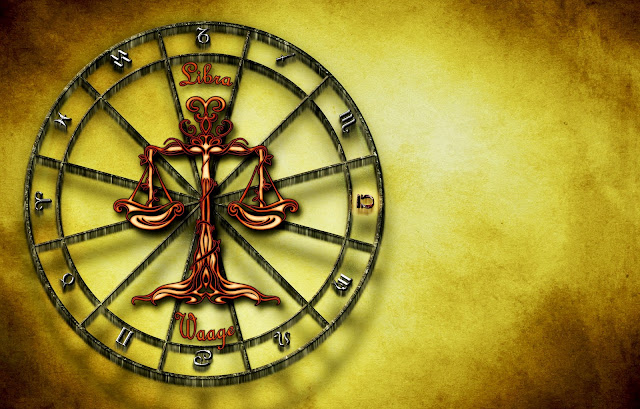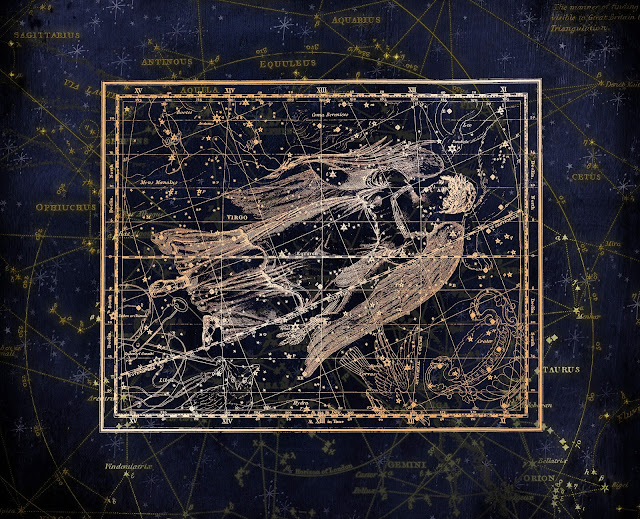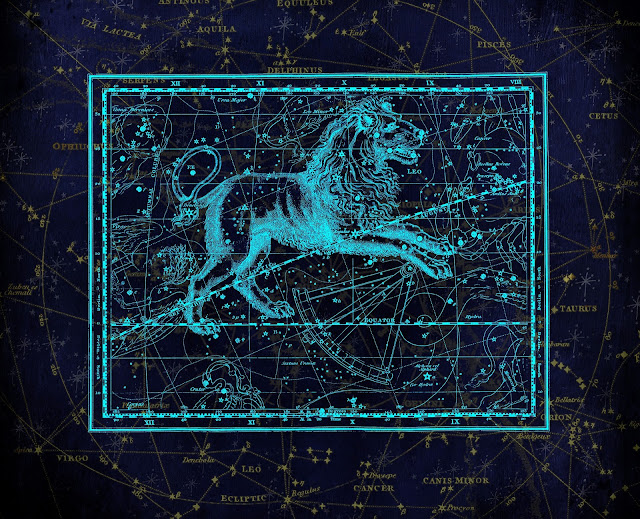Planets In Vedic Astrology.
Planets In Vedic Astrology-
We look at Ten Planets in the study of Astrology, begining with the
Sun and the moon, also known as luminaries. Additionally, there
are Mercury, Venus, Mars, Jupiter, Saturn, Uranus, Neptune and
Pluto. The energy of the planets influences our everyday lives. That's said it's what what we do with this energy that truly matters.
The more recently recognized planets (Uranus, Neptune and Pluto)
do not dilute the message of the other Planets, they simply add to
our spectrum of experience. Many consider jupiter to be the most
benevolent of the planets, with venus a close second. The sun, moon and mercury also tend to cast a golden glow. On the flip
side of things is Saturn's hard energy, followed by the sharpness
of mars, uranus, Neptune and pluto.
The planets moves at varying speed, some faster (the moon) and
some slower ( pluto) depending on how close they are to the sun.
The fastest planets ( moon, mercury, venus and mars) are
commonly referred to as the inner planets and speak to the inner self. The social planets are jupiter and saturn while the outer
planets (uranus, neptune and pluto) fixed their gaze on the external
world.
Each of the planets exerts its powerful energy over the sign its rules. This is also referred to as the sign of its dignity. There is a
second sign with which each planets interact well, known as the
sign of its exaltation. Directly opposite each planets sign of dignity
in the sign of detriment; this planets energy is generally unfavorable. Opposite the sign of exaltation in the sign of fall;
these planets exhibit a weakened energy. A planet in its natural
house such as (mars in aries) is accidentally dignified and
strengthened as a result. Perhaps the most important planet is the
one that rule the ascendant For example, those with virgo on the
ascendant find mercury as the ruler of virgo exerts a considerable
influence over their chart.
The movement of the planets is categorized as stationary, direct or
retrograde. A stationary planet ( which will soon be direct or
retrograde) brings with it highly focused and significant energy).
Direct planets also exert considerable influence. It is the retrograde
planets which serve to mix things up. By appearing to move
backward, these planets generate a diffused and unfocused energy.
The message of retrograde planets will be garbled and less effective
as a result.
We look at Ten Planets in the study of Astrology, begining with the
Sun and the moon, also known as luminaries. Additionally, there
are Mercury, Venus, Mars, Jupiter, Saturn, Uranus, Neptune and
Pluto. The energy of the planets influences our everyday lives. That's said it's what what we do with this energy that truly matters.
The more recently recognized planets (Uranus, Neptune and Pluto)
do not dilute the message of the other Planets, they simply add to
our spectrum of experience. Many consider jupiter to be the most
benevolent of the planets, with venus a close second. The sun, moon and mercury also tend to cast a golden glow. On the flip
side of things is Saturn's hard energy, followed by the sharpness
of mars, uranus, Neptune and pluto.
The planets moves at varying speed, some faster (the moon) and
some slower ( pluto) depending on how close they are to the sun.
The fastest planets ( moon, mercury, venus and mars) are
commonly referred to as the inner planets and speak to the inner self. The social planets are jupiter and saturn while the outer
planets (uranus, neptune and pluto) fixed their gaze on the external
world.
Each of the planets exerts its powerful energy over the sign its rules. This is also referred to as the sign of its dignity. There is a
second sign with which each planets interact well, known as the
sign of its exaltation. Directly opposite each planets sign of dignity
in the sign of detriment; this planets energy is generally unfavorable. Opposite the sign of exaltation in the sign of fall;
these planets exhibit a weakened energy. A planet in its natural
house such as (mars in aries) is accidentally dignified and
strengthened as a result. Perhaps the most important planet is the
one that rule the ascendant For example, those with virgo on the
ascendant find mercury as the ruler of virgo exerts a considerable
influence over their chart.
The movement of the planets is categorized as stationary, direct or
retrograde. A stationary planet ( which will soon be direct or
retrograde) brings with it highly focused and significant energy).
Direct planets also exert considerable influence. It is the retrograde
planets which serve to mix things up. By appearing to move
backward, these planets generate a diffused and unfocused energy.
The message of retrograde planets will be garbled and less effective
as a result.




Comments
Post a Comment